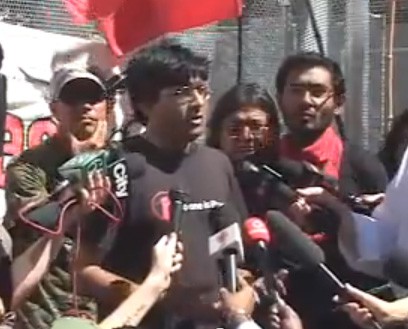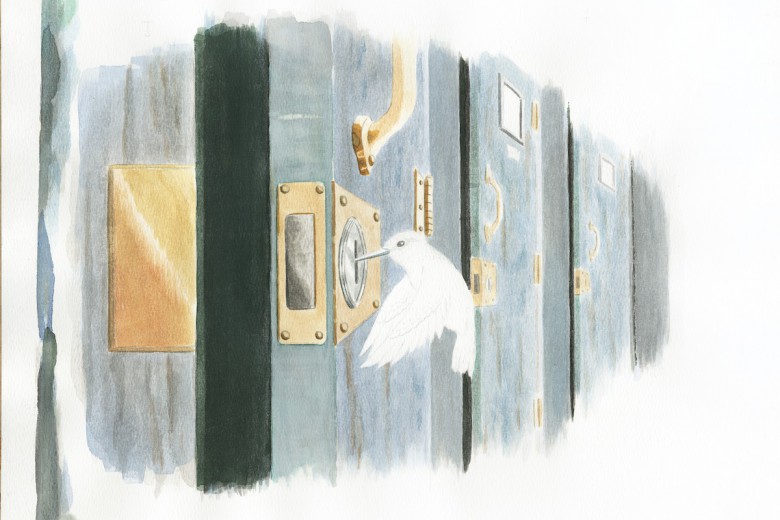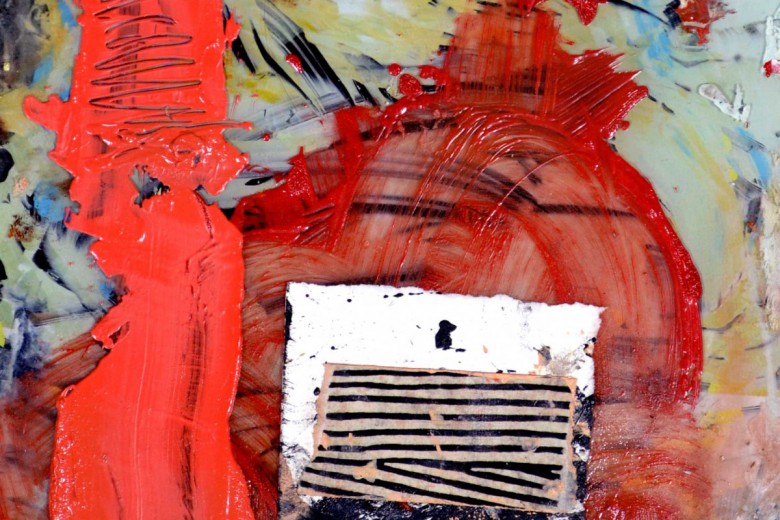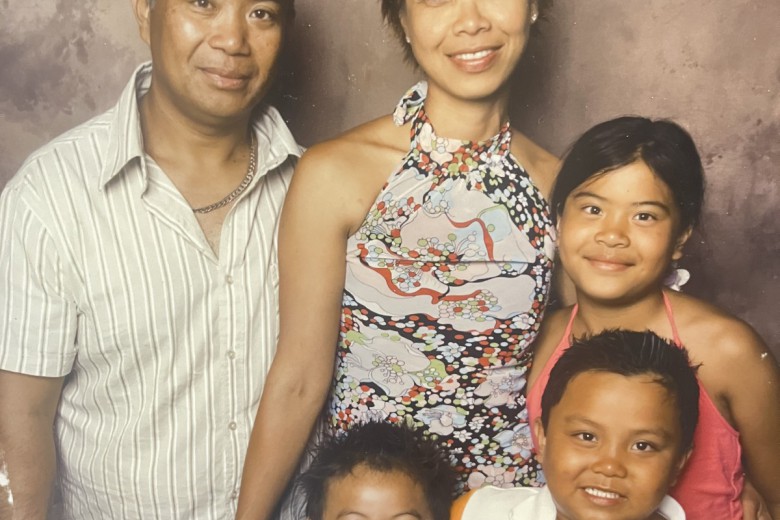
Ideas are being put on trial in Canada. This became clear sitting in the courtroom at Toronto’s Old City Hall on Thursday, April 28.
Jaggi Singh, one of the nation’s most prominent anti-capitalist activists, pleaded guilty to urging people to take down the $5-million G20 summit fence erected in downtown Toronto last June. He was officially charged with “counselling to commit mischief over $5,000.”
Jaggi’s statements (part 1, part 2), used as evidence in court Thursday, were made to reporters at a No One Is Illegal press conference in front of the fence a few days before the G20 meeting opened. “I’m here today to stand with people who question the legitimacy of this fence and support those who want to take down the fence — to take down those fences and walls that separate us,” Singh said to gathered press.
For making this statement, Singh could face up to six months in prison and two years on probation. That’s what Crown Attorney Jason Miller is seeking as an “exemplary sentence.” Miller explained to the judge, Justice Robert Bigelow, that the sentence he sought was not to deter Singh, but to deter others within his “community” from committing similar offences.
Members of that same community Miller wishes to defuse attended the hearing to support Singh, including a few of his co-accused. The state wishes to make an example of Singh and the 17 other radical activists being charged with conspiracy. Not for their actions, but for the militant ideals they very publicly seek to legitimize.
Singh’s lawyer Peter Rosenthal pointed out that the general public felt this kind of security measure was completely unjustified and wanted to see the fence removed. Was building this multi-million-dollar fence even reasonable (especially given the heavy police presence at the summit), asked Rosenthal.
“Rosenthal, that’s got nothing to do with me,” responded Justice Bigelow to Rosenthal’s question in court.
It’s just one issue swept under the rug as the trial and targeting of 18 radical activists, including Singh, drags on.
In the corridors outside the courtroom Singh remained consistent. “It’s not in the courts that we decide what’s permissible for us or isn’t. We decide in our movements, through our debates, principles, organizing, [and] struggles what tactics, what strategies are necessary for us to achieve social justice and that’ll always be the case,” he said.
“There is nothing that I can admit to in the conspiracy charges, because there really was no conspiracy. If it was a conspiracy, it was a conspiracy of thousands of people to resist the G20, which of course is not a conspiracy, it’s organizing,” Singh explained.
Outside the court community organizations spoke in support of Singh. No One Is Illegal read a statement that called to drop charges against Singh and his 17 co-accused.
“There is no deterrent that is going to stop resistance. People are going to continue to fight back,” John Clarke from OCAP told reporters. “Jaggi Singh has more justice in his fingernail than that place has in its entire building,” he said, pointing to the courthouse.
“The fact that Jaggi today was being judged by something he said in the media is a huge attack and a blatant attack on free speech,” said Jaroslava Avila of the Women’s Coordinating Committee for a Free Wallmapu. Like Singh and other organizers, Avila was accused of conspiracy for last summer’s G20 protests. The charges against her were dropped in December.
“They had no ultimate proof. But then we can see that this entire circus that this case is all based on the criminalization of dissent,” explained Avila. “The only thing that we have been guilty of is organizing in the face of our issues and announcing them to this government.”
Singh still regrets the fence remained in place throughout the G20. “There are contexts and places in the world where that kind of fence would not even be considered, where people would rise up together and tear it down and yet it was accepted in polite Toronto under the Stephen Harper billion-dollar security budget,” he said in between court sessions.
Singh urges people to support those still facing charges. He suggests people educate themselves about the charges, raise money and awareness, and continue organizing. “Those things go a long way to maintaining people’s morale,” he said.
As part of Singh’s plea agreement the three remaining counts of conspiracy against him will be dropped, he will not cooperate with the Crown or police or apologize for his actions and the plea can’t be used against his co-accused in legal proceedings.
Rosenthal is arguing that the one week Singh spent in jail and six months under house arrest should count as time served in addition to a $10 fine. Singh will be sentenced in June.
This article was originally published on rabble.ca




_780_520_90_s_c1.jpg)

